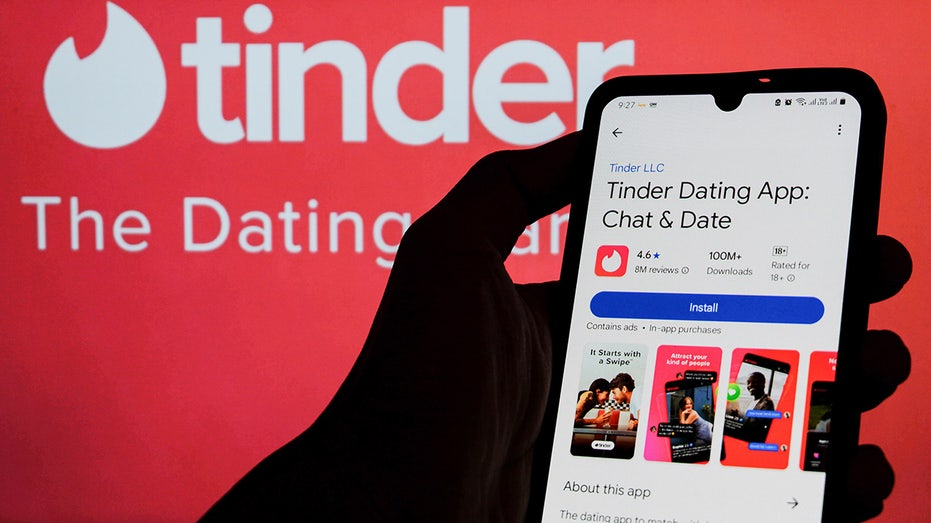Young men from Generation Z are increasingly hesitant to engage in dating, driven by a pervasive fear of being filmed and subsequently ridiculed online. With the rise of social media platforms, particularly TikTok, many young men report feeling “scared” to pursue romantic relationships due to the potential for public embarrassment. This sentiment was highlighted by recent comments from Eli Thompson, a recent high school graduate, who expressed his views in an article for **Rolling Stone**.
Thompson explained that the fear of being recorded during personal interactions has transformed dating into what he describes as a “Cold War” between the sexes. He noted that the pressure to document experiences on platforms like TikTok has made normal social exchanges feel risky. “The possibility of being recorded and mocked has made normal interactions feel risky,” he stated.
The influence of social media is reshaping how young men approach dating. In his commentary, Thompson pointed out that many men are now second-guessing their words and actions, worrying about how these might be perceived or shared online. This heightened anxiety contributes to a culture of mistrust, where young men feel compelled to protect themselves from potential ridicule, which can inhibit their willingness to engage with women.
Many men have echoed Thompson’s frustrations. They express concerns that the trend of sharing personal dating experiences online fosters an environment of scrutiny and judgment. This phenomenon has left some men feeling alienated, with a significant portion of Gen Z reporting that they identify as celibate. According to recent research, **37%** of Gen Z singles fall into this category, with **68%** of men citing economic factors such as inflation as a primary reason, while **64%** of women attribute their celibacy to political differences.
Thompson further elaborated on the implications of this trend, suggesting that the pervasive fear of public shaming is leading to a lack of empathy between the genders. “In these divided spaces, interactions become games of defensive accusation, and people grow untrustworthy,” he commented. He emphasized the need for accountability in the digital realm, advocating for a shift in how society addresses online cruelty.
“We need to establish consequences for digital cruelty,” Thompson urged. “Cruelty behind a screen is no less harmful than cruelty in person, and we need to send that message loud and clear.”
As the landscape of dating continues to evolve, the interplay between social media and personal relationships is likely to remain a prominent topic of discussion. Young men and women alike are navigating a complex web of expectations and fears, with the potential for lasting effects on gender dynamics. The emergence of initiatives aimed at fostering healthier dating practices may provide a path forward, but addressing the underlying cultural anxieties will be crucial in reshaping the dating experience for Gen Z.







